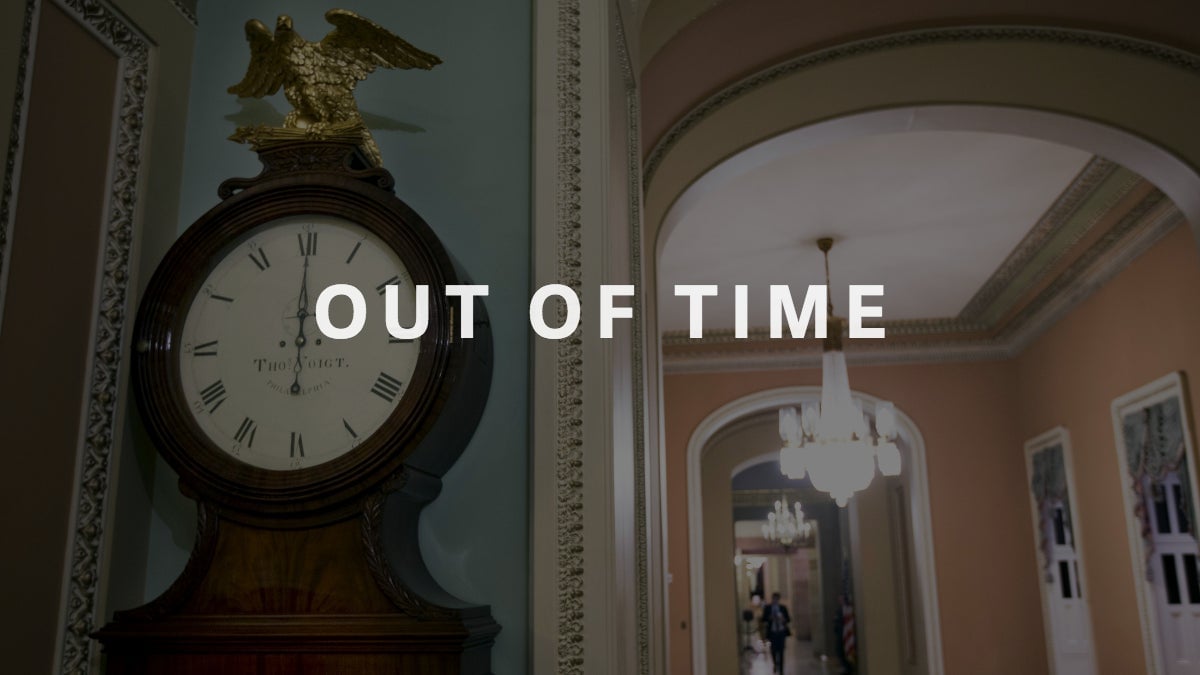The US government has shut down: Does that mean the Tea Party won?
Conservative attempts to link government funding to repealing or delaying the new health care law have left the US without a spending plan for the new fiscal year that begins today. These politicians have made shrinking government their watchword, so the government shutdown must be great!


Conservative attempts to link government funding to repealing or delaying the new health care law have left the US without a spending plan for the new fiscal year that begins today. These politicians have made shrinking government their watchword, so the government shutdown must be great!
But that takes both conservatives in Congress and the term “government shutdown” a little too literally.
Conservatives may say they are bothered by government spending, but they’re absolutely incensed by taxes. There’s not much association between conservative governments in the US and lower overall spending, but they have a consistent commitment to tax cuts. Bipartisan negotiations between the Obama administration and Congressional Republicans have put billions of dollars in spending cuts on the table, even to Social Security payments, but they floundered after Republicans balked at raising taxes $1 for every $3 cut.
The shutdown itself is more of a partial spending freeze, and it may only last a few days—the Republican House has moved to form a negotiating committee with the Democratic Senate to resolve their differences after spending the year blocking this exact process. While a shutdown will suspend many programs disliked by conservatives, many others will continue. It won’t stop tax collection (though it will stop audits), and more to the point, it won’t stop the Affordable Care Act, the health-care reform that aims to cut costs and provide health insurance for every American.
The whole goal of this face-off for conservatives was to block the law from going into effect, and so the shutdown doesn’t serve their purposes there, either. In fact, all the management exercises that go into a shutdown tend to cost taxpayers more money—about $1.4 billion—than simply continuing last year’s spending levels.
The conventional wisdom and public polling suggests a prolonged stand-off will harm the Republican party’s national image, suggesting this won’t be a political win for conservatives. However, it’s not clear individual Republican members of Congress, many in conservative districts, will feel much local heat.
But one clear win for House conservatives is that the shutdown fracas has obscured the argument over how much the government should spend.
Currently, budget sequestration—broad, across-the-board budget cuts—is in effect. Democrats and the Obama administration have been attempting to find a deal with Republicans to increase near-term spending (on the advice of people like Federal Reserve chairman Ben Bernanke) while reducing public borrowing on a longer timeline. Amid all the hubbub, Democrats who want to pass a “clean” spending bill at last year’s levels to keep the government open are set to endorse these low levels of spending for another six weeks . That’s a win for conservative fiscal policy, at least for now.
And don’t forget about the upcoming challenge of raising the debt ceiling. A government shutdown may provide a better venue for fiscal negotiations than debt ceiling brinksmanship, but with the outcome of this debate anything but certain, it probably doesn’t raise anyone’s confidence in a simple process to avoid a self-inflicted financial crisis in the weeks to come.
Photo in the illustration above by AP/Alex Brandon.